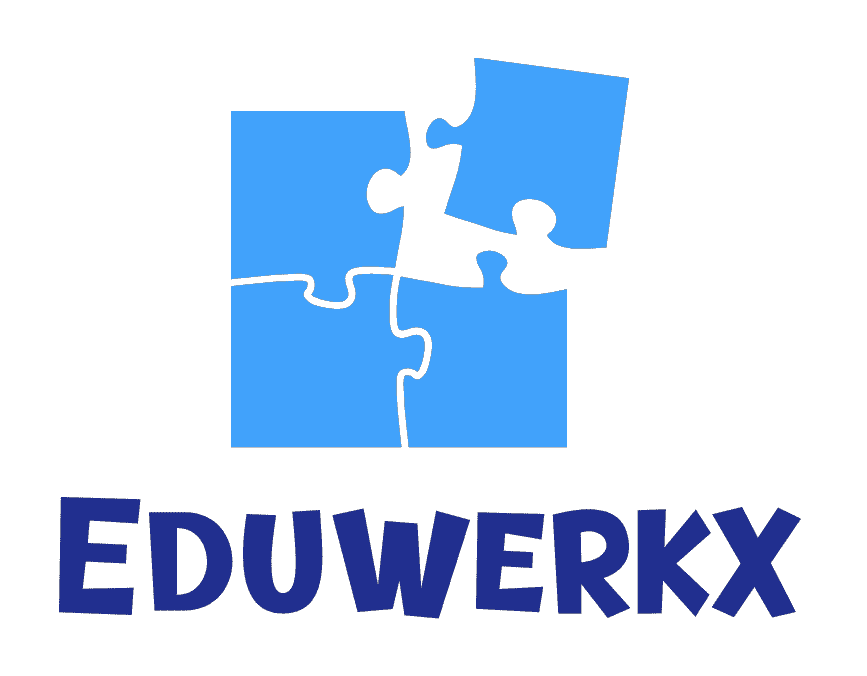Are you aware that cognitive strain is the leading source of stress for modern children? It may come as no surprise that the very activities designed to foster a child’s intellectual growth is actually their major source of cognitive strain: learning and studying. You’ve likely encountered numerous learning activities claiming to boost your child’s potential, but are these claims truly accurate?
Learning is Anything But Simple
While many programs promise to enhance skills and cognitive development, developmental psychology and neuroscience research indicate that picking the wrong classes for your child can have the opposite effect. These classes often mislead people into thinking that learning is a straightforward, step-by-step process, and that in mastering their process, your child will have the abilities needed to thrive in an uncertain future.
These misleading promises, much like “get rich quick” schemes, “5 steps guarantee to success” formulas or promises of high returns with minimal risk, rarely deliver on their claims. The truth is, genuine learning is a complex and multidimensional process that cannot be simplified into a few simple steps. Claiming your child can master learning in just a few steps is like saying they can teach you to read and assess another person’s character with a few simple questions. Step-by-step learning encourages your child to think in a straight and rigid way, training them to follow instructions without questioning.
These simple strategies not only fail to improve your child’s memory and ability to absorb new information, but it also makes their memory worse and hinders their overall development. This is especially true for children whose brains are still in active development, any disruption to their natural cognitive processes can have long-lasting consequences that extend throughout their life. As young adults, they may feel lost and confused when faced with complex situations, like those in real life, especially when there’s no clear set of instructions to guide them.
The Consequences of “Simple” Learning
Allowing your child to focus on “simple” learning is like trying to lose weight with crash diets or other extreme measures. While these quick fixes might show immediate results, they often come with harmful long-term consequences. Instead of burning fat, these methods often result in muscle loss, disrupt the gut microbiome, negatively affect metabolic health and lead to other health issues. Additionally, they can also create significant nutritional gaps, depriving the body of essential vitamins and minerals.
Much like the effects of weight loss shortcuts, which are rarely permanent and often harm overall health in the long run, “simple” learning approaches causes disruption to the brain’s natural processes, resulting in cognitive strain. Instead of the brain allocating its resources to essential functions like understanding, problem-solving or other vital areas, much of this energy is redirected towards trying to retain information. The longer this continues, the more the brain starts to perceive it as a threat, triggering the body’s stress response system which further impairs brain functions.
Research has shown that suppressing a child’s cognitive functions during their critical period can significantly affect their development, limiting the growth of essential skills and cognitive abilities across multiple regions of the brain. Each time cognitive strain happens, it might not seem like much. However, the real concern lies in what happens when this strain occurs repeatedly over weeks, months, years or decades.
As the stress response becomes more deeply ingrained, it creates an unhealthy association in the child’s mind, conditioning them to feel stressed whenever they engage in any form of learning or effort. This stress response activates even for simple tasks, preventing children from approaching tasks with a positive mindset and develop the resilience they need to overcome obstacles.
Do you think that’s all? Are you curious to know how else your child’s brain is being impacted and how their cognitive development is influenced in other areas? Like and follow for more in part 10.
#StressAndMentalHealth #ParentingChallenges #MentalWellbeing #eduwerkx #edtech #aitutor #education #resilience #learning #Engagement #PositiveEngagement #DestructiveEngagement #NegativeEngagement
